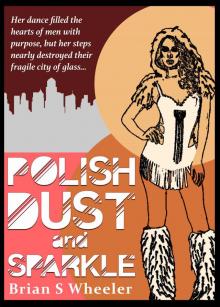 Polish, Dust and Sparkle
Polish, Dust and Sparkle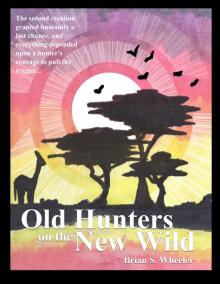 Old Hunters on the New Wild
Old Hunters on the New Wild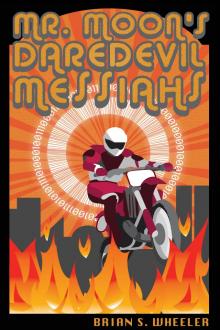 Mr. Moon's Daredevil Messiahs
Mr. Moon's Daredevil Messiahs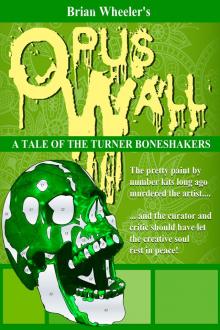 Opus Wall
Opus Wall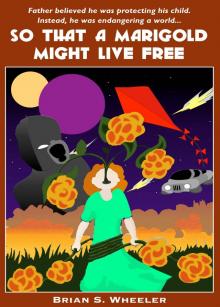 So That a Marigold Might Live Free
So That a Marigold Might Live Free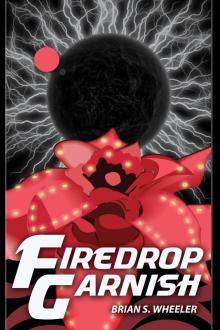 Firedrop Garnish
Firedrop Garnish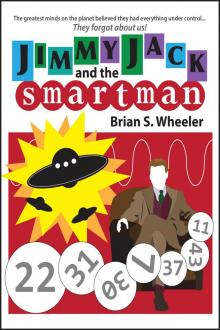 Jimmy Jack and the Smartman
Jimmy Jack and the Smartman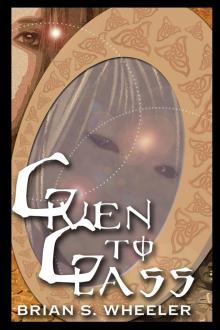 Given to Glass
Given to Glass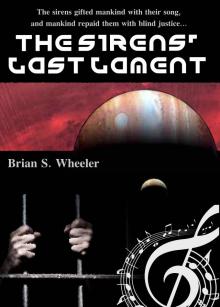 The Sirens' Last Lament
The Sirens' Last Lament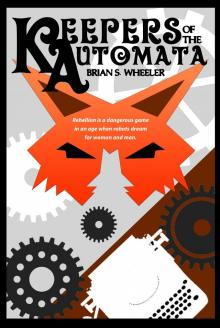 Keepers of the Automata
Keepers of the Automata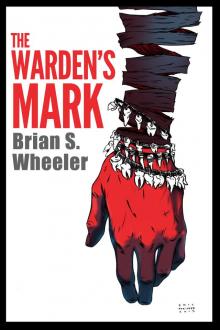 The Warden's Mark
The Warden's Mark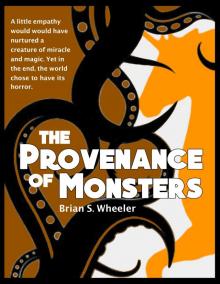 The Provenance of Monsters
The Provenance of Monsters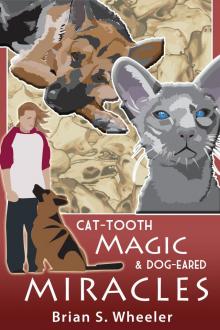 Cat-Tooth Magic and Dog-Eared Miracles
Cat-Tooth Magic and Dog-Eared Miracles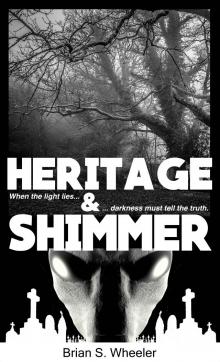 Heritage and Shimmer
Heritage and Shimmer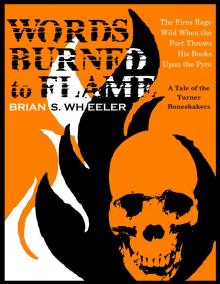 Words Burned to Flame
Words Burned to Flame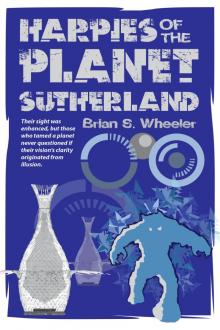 Harpies of Planet Sutherland
Harpies of Planet Sutherland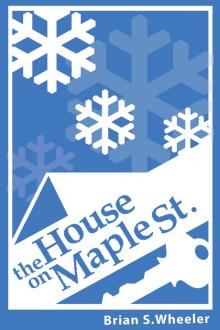 The House on Maple Street
The House on Maple Street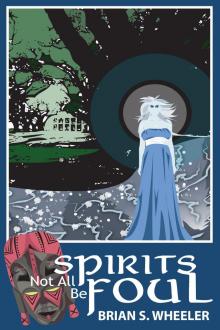 Not All Spirits Be Foul
Not All Spirits Be Foul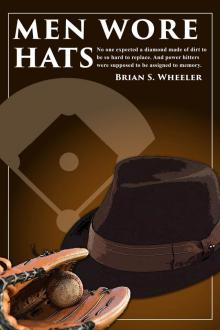 Men Wore Hats
Men Wore Hats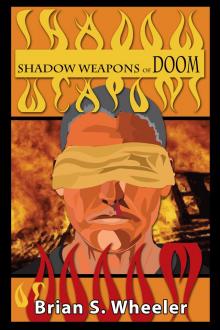 Shadow Weapons of Doom
Shadow Weapons of Doom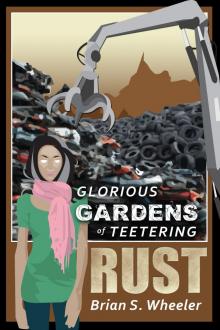 Glorious Gardens of Teetering Rust
Glorious Gardens of Teetering Rust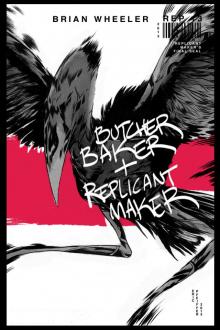 Butcher, Baker and Replicant Maker
Butcher, Baker and Replicant Maker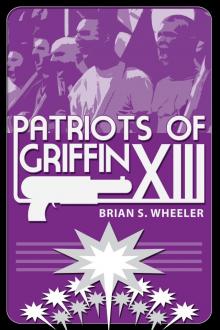 Patriots of Griffin XIII
Patriots of Griffin XIII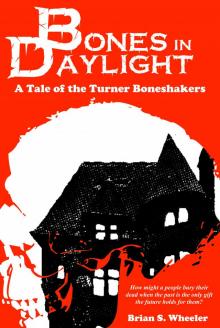 Bones in Daylight
Bones in Daylight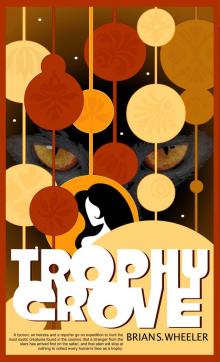 Trophy Grove
Trophy Grove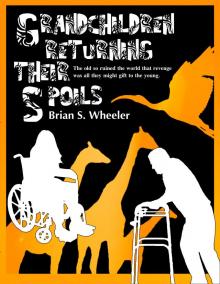 Grandchildren Returning Their Spoils
Grandchildren Returning Their Spoils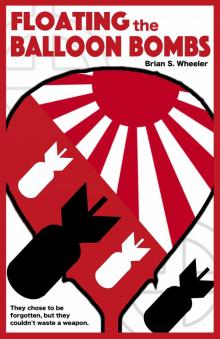 Floating the Balloon Bombs
Floating the Balloon Bombs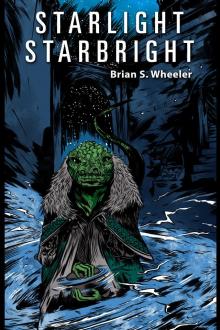 Starlight, Starbright
Starlight, Starbright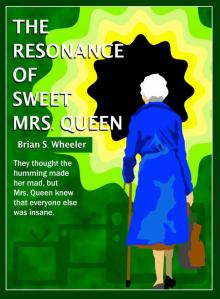 The Resonance of Sweet Mrs. Queen
The Resonance of Sweet Mrs. Queen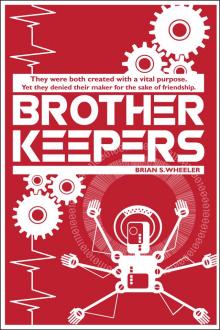 Brother Keepers
Brother Keepers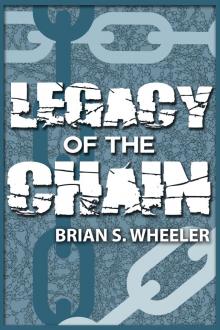 Legacy of the Chain
Legacy of the Chain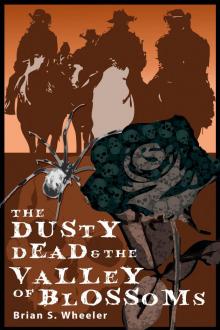 The Dusty Dead in the Valley of the Blossoms
The Dusty Dead in the Valley of the Blossoms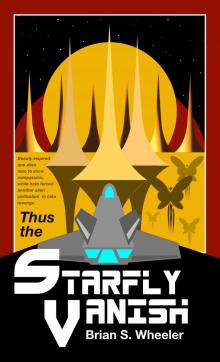 Thus the Starfly Vanish
Thus the Starfly Vanish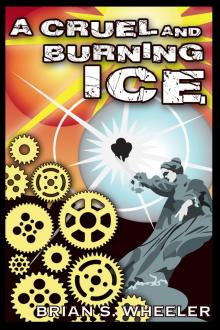 A Cruel and Burning Ice
A Cruel and Burning Ice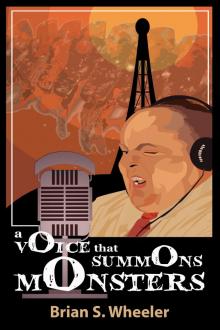 A Voice That Summons Monsters
A Voice That Summons Monsters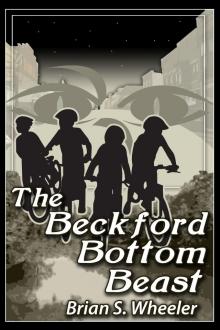 The Beckford Bottom Beast
The Beckford Bottom Beast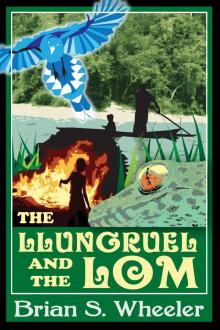 The Llungruel and the Lom
The Llungruel and the Lom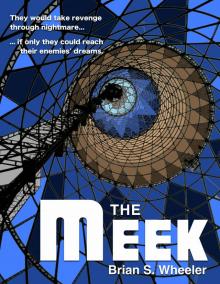 The Meek
The Meek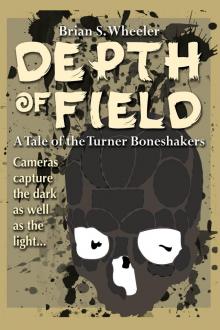 Depth of Field
Depth of Field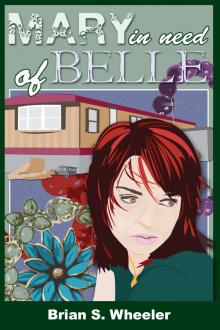 Mary, in Need of Belle
Mary, in Need of Belle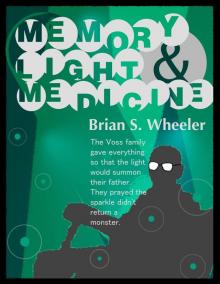 Memory, Light & Medicine
Memory, Light & Medicine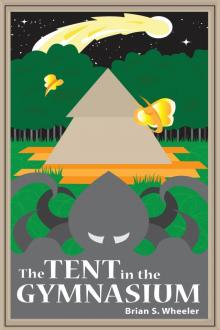 The Tent in the Gymnasium
The Tent in the Gymnasium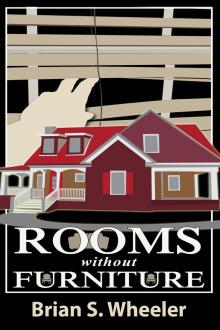 Rooms Without Furniture
Rooms Without Furniture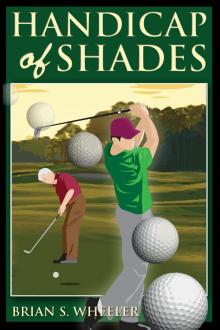 A Handicap of Shades
A Handicap of Shades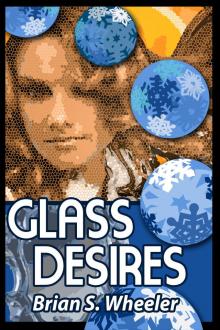 Glass Desires
Glass Desires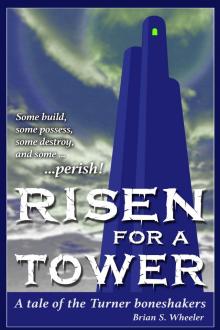 Risen for a Tower
Risen for a Tower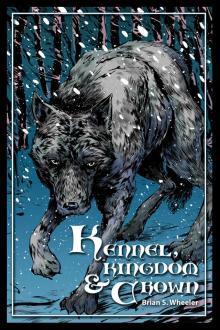 Kennel, Kingdom and Crown
Kennel, Kingdom and Crown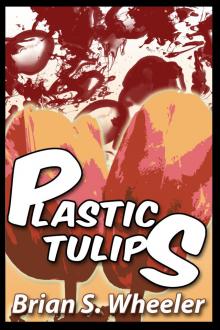 Plastic Tulips
Plastic Tulips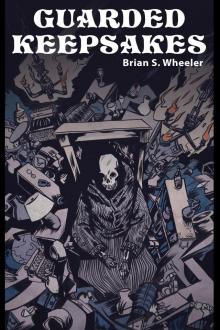 Guarded Keepsakes
Guarded Keepsakes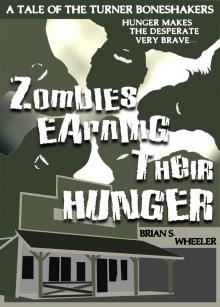 Zombies Earning Their Hunger
Zombies Earning Their Hunger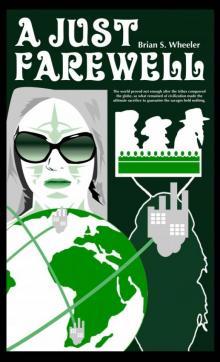 A Just Farewell
A Just Farewell